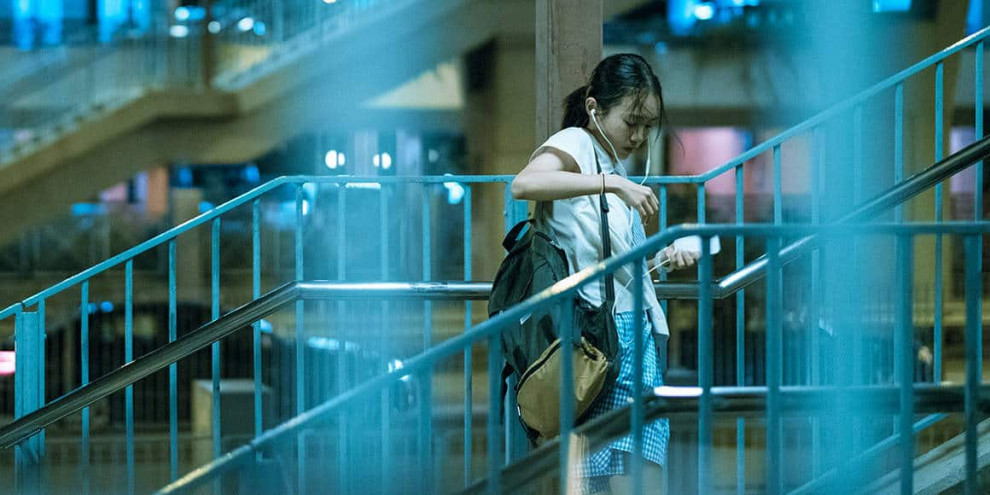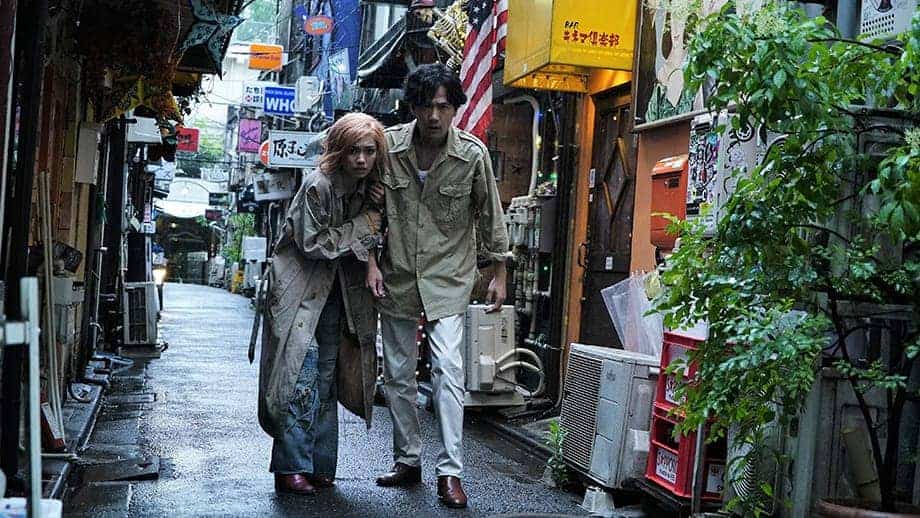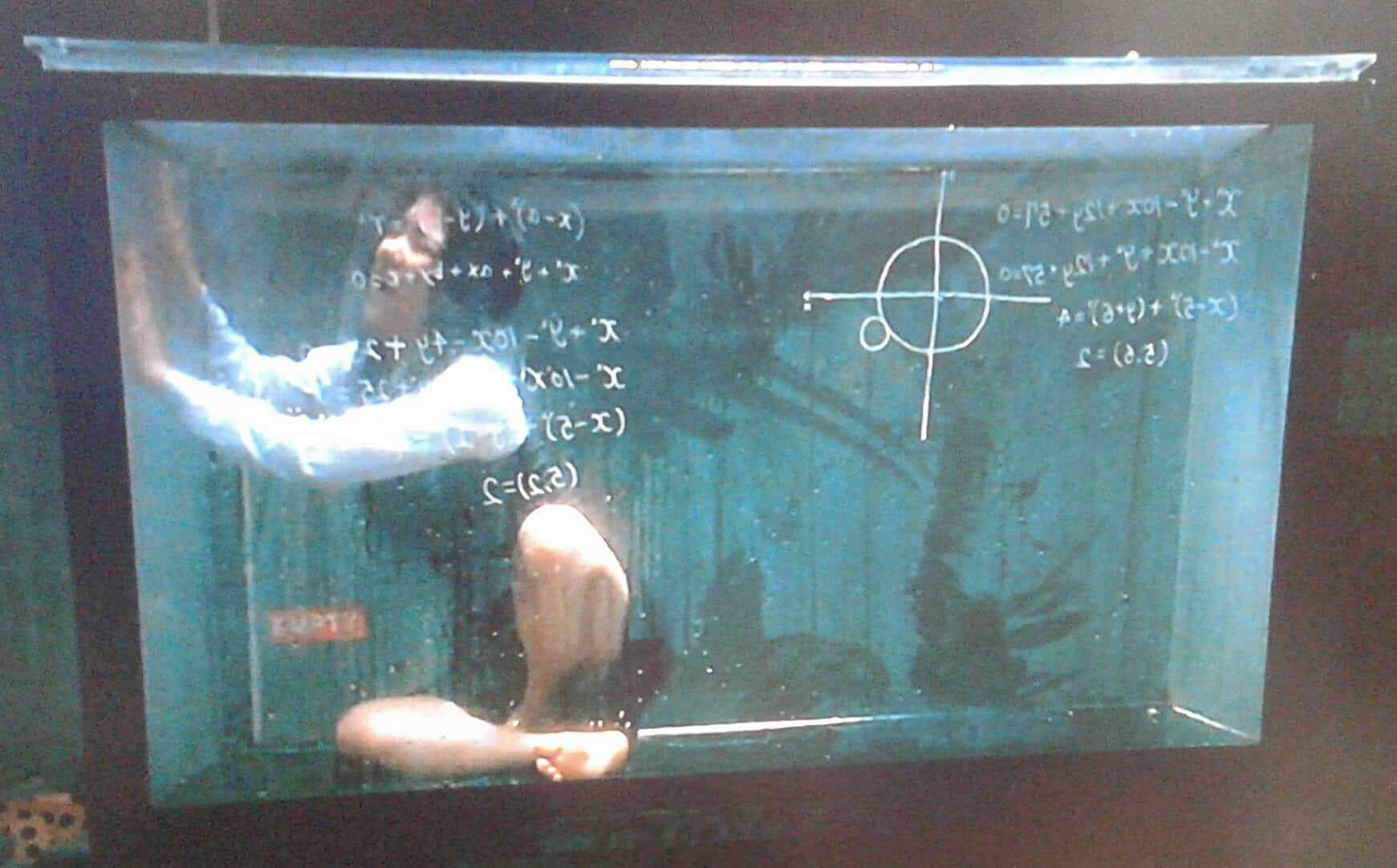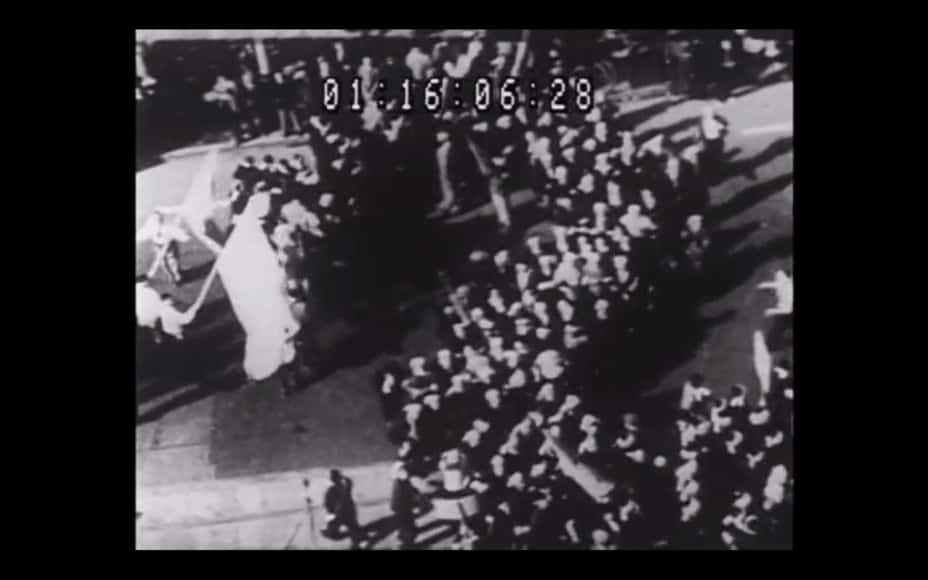It has been more than two decades since Hong Kong has rejoined the People's Republic of China, while maintaining its own political system, autonomy, currency and, generally speaking, way of life. The neighbouring Guangdong province has seen a huge economic developed since then, but another phenomenon is on the rise. There is a large number of people who commute on daily basis and therefore have double identity of sorts. That topic needs to be addressed also in cinema and the mainland Chinese first-time filmmaker Bai Xue does it in a stunning fashion and with a lot of style in her feature debut “The Crossing” (“Guo Chun Tian” in original).
The film premiered at the last year's edition of TIFF to a warm critical reception and was shown on home turf at Pingyao International Film Festival, where it scooped a couple of awards before heading to its European premiere at Generation 14plus sidebar of Berlinale.
The Crossing is screening at Berlin Film Festival

The secret of its uniqueness is the angle its writer-director takes, which is completely non-political. The trick she pulls is an old one, but it serves the purpose: he chooses a 16 year old girl as his protagonist. Her name is Peipei and she is from the mainland city of Shenzhen, but goes to school in Hong Kong. Since she has always wanted to see the snow, she wants to go to Japan with her best friend Jo for the next winter holiday season and she has to work for it.
The minimal wage waitressing job does not pay that well, so she falls in with a crowd of teenage smugglers led by the motherly figure Mrs Hua to whom she is introduced by Jo's boyfriend Hao. For their iPhone smuggling scheme, she is a perfect asset: nobody suspects a girl in a high school uniform who commutes daily, but sooner rather than later her life of crime will affect her relationships with the people in her environment on the both sides of the (administrative) border.

The choice of the protagonist's age is not just utilitarian in the way to avoid the inconvenient political questions, but it also opens more universal dichotomies in the terms of age (16 is the age when most of the people in Hong Kong start working, at least part-time, which changes their perception of life more to the adult side) and class. Simply put, a mainland student in Hong Kong school is considered a bit posh at her home town, while on the other side of the border she has to face her classmates who are more affluent than her and their lifestyle she cannot afford nor imitate. Also, the script finds just the right tone regarding Peipei's family situation, making her father largely absent hard worker and her mother absent-minded casual alcoholic and party girl.

The casting choices Bai Xue makes are also on the money. That especially goes for Huang Yao who plays Peipei, for whom the role is a screen debut after some experience on the stage. The actress is proficient in both Mandarin and Cantonese, which is not a common trait, but it is necessary for the role, her naivety (or innocence, take it as you like it) cannot be faked, and that also goes for her uneasy chemistry with her co-stars, mainly Sun Yang as Hao and Ka-Man Tong as Jo, while Elena Kong fits the role of Mrs Hua perfectly, finding a perfect balance between menacing and warm presence.
But the people are not the only characters in this story. The cities are also elevated to that level. With the help of his DOP Piao Sangri, Xue employs different styles in portrait of both of them, highlighting the verticality of Hong Kong and busy feeling of its streets and alleys, while Shenzhen is caught in longer and wider takes, insisting on the calmness of the landscape where the protagonist feels at home.
Combined with controlled pacing (kudos also to the editor Matthieu Laclau whose work we got to see on recent Jia Zhangke films from “A Touch of Sin” onward), “The Crossing” is a complex film that tackles a number of topics with surgical precision, while keeping its heart at the right place.















